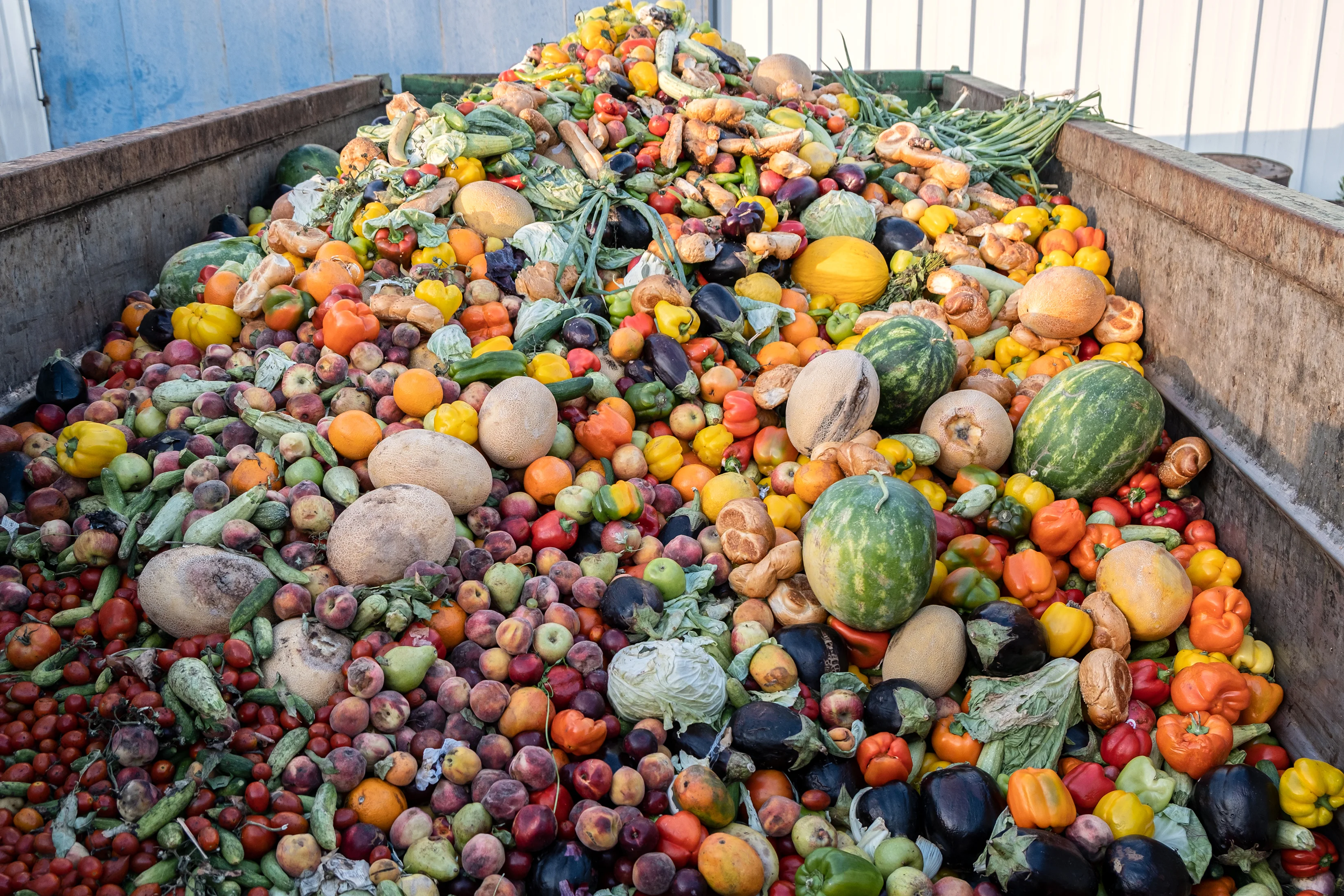Cut Food Waste

How often have you peered into your fridge and wondered if that piece of cheese has been there a bit too long or if that onion looks past its prime? Chances are you didn't think twice before tossing them into the bin. Most of us don't pay much attention to the food we waste. Sell-by dates and best-before labels often dictate our decisions. Unfortunately, this casual attitude towards food results in a staggering one-third of all food meant for human consumption being discarded each year. That's a whopping 1.3 BILLION tons – enough to feed two BILLION people. Shocking, right?
It's not just the sheer quantity of wasted food that's troubling. Consider the energy, emissions, time, land use, transportation, and human labor involved in growing and producing food. Now, imagine a third of that effort going to waste. It's enough to make anyone despair, especially when you think about the 820 million people facing hunger worldwide. In fact, the food we waste could feed all of them TWICE OVER! Of course, we're not suggesting you ship that aging cheese or forlorn onion to poverty-stricken countries. What we do emphasize is the importance of becoming mindful of our food consumption and waste.
How far is your food travelling?
Much of the food we consume travels great distances. If you eat meat, it likely journeys from South America. Those fruit cups with fruit from Asia, packaged in the US, and shipped to Europe? They might end up wasted too.
Pineapple from Thailand, packaged in America, shipped to the UK to then be wasted…sorry, what?!
Food waste isn't the only issue contributing to the negative impact of the food industry. A staggering 94% of food isn't organic, meaning it's laden with pesticides. While pesticides protect crops from pests, they also pose health risks to humans, including serious illnesses like cancer. Pesticides are also a major factor in the concerning decline of bee populations. The most common pesticide, Roundup, is not only carcinogenic to humans but also disrupts the fungal network and locks up soil minerals, making them inaccessible to plants.
To reduce the adverse effects of food, there are three key steps:
1. Eat locally sourced food.
2. Choose organic options.
3. Minimize food waste.
What can I do?
At Iknyte, we offer a wealth of solutions to help you achieve these goals. Discover how to create organic compost from food waste or learn innovative techniques to extend the shelf life of your food. You can also find guidance on growing food naturally at home without pesticides, using organic methods like biofertilizers. Explore more innovative ways to cut food waste and consumption and find other practical sustainable solutions at Iknyte.
Do you have your own practical food-related solutions? We'd love to share them on Iknyte and help others save our precious resources. Share your solution here or contact us directly at [email protected] or [email protected]. Let's make a difference together!

Comments